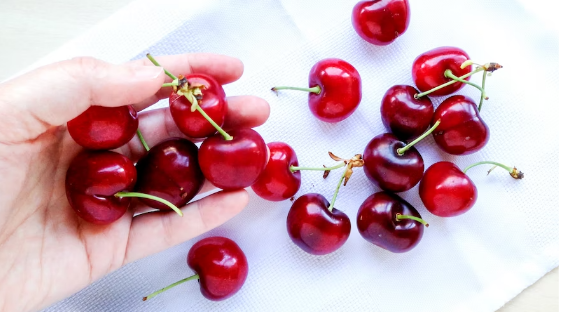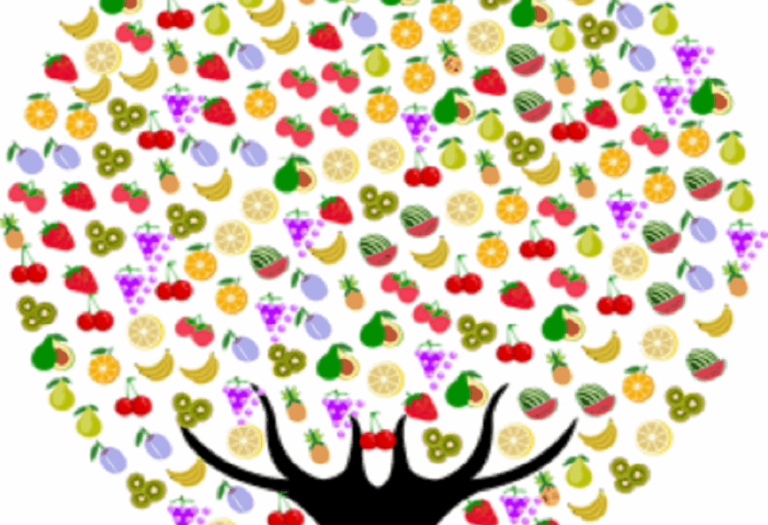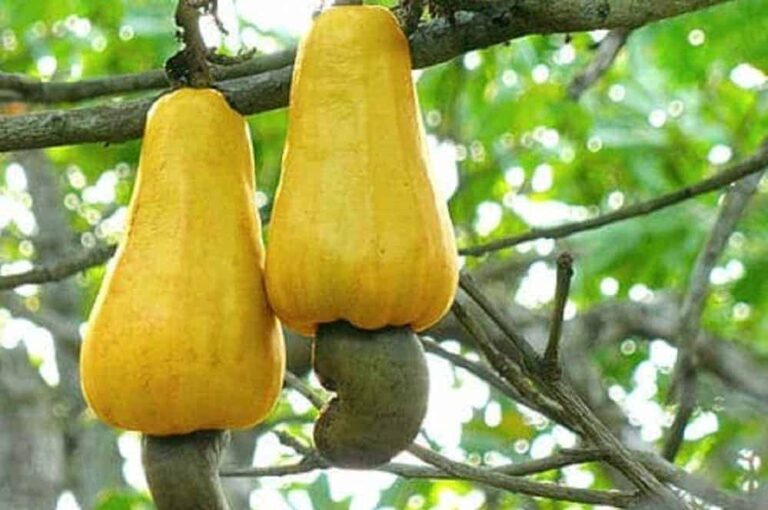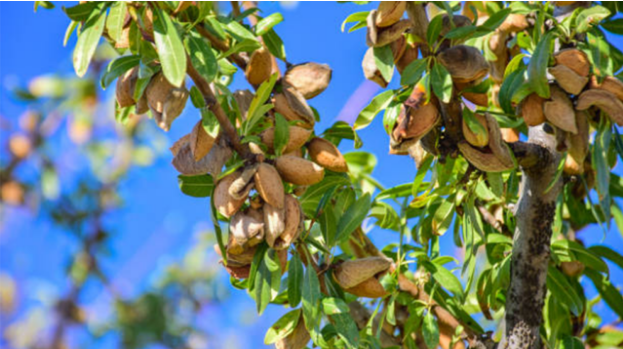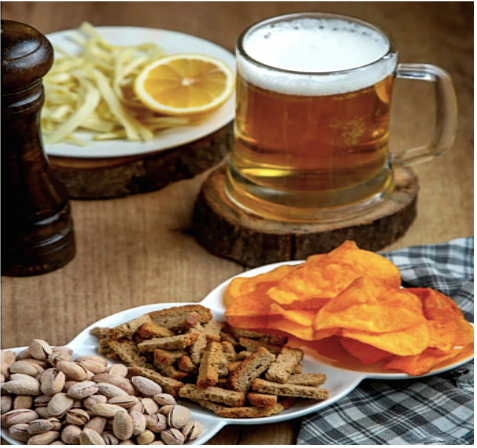Your cart is currently empty!
Nutritional Benefits Of Cherries
Today, cherries are believed to be extraordinarily healthful fruit. Some think that they should be considered a type of “superfood”. They have been said to be useful for inflammation, pain, cancer prevention, and sleep regulation. They also may have anti-aging properties. We look at the research to discover if these claims have support.
Reduction In Inflammation And Pain
In a study conducted at Johns Hopkins Hospital in Baltimore and published in 2004 in Behavioral Brain Research, researchers tested the use of anthocyanins (antioxidant flavonoids) extracted from tart cherries on inflammation induced pain in rats. They also examined the effects of anthocyanins compared to the benefits of using the non-steroidal anti-inflammatory drug Indomethacin. They researched how the consumption of anthocyanins affected motor coordination. The researchers found that the highest dose of anthocyanins (400 mg/kg) obtained results comparable to indomethacin (5 mg/kg). And, even at the highest dose, anthocyanins did not alter motor coordination. The researchers concluded that “tart cherry anthocyanins may have a beneficial role in the treatment of inflammatory pain.”
Meanwhile, researchers at the University of Vermont found an association between the consumption of tart cherry juice blend and the prevention of muscle damage. In a study published in 2006 in the British Journal of Sports Medicine, fourteen male college students drank twelve ounces of a cherry juice blend· or a placebo twice daily for eight consecutive days. On the fourth day, the students completed two sets of twenty negative-rep bicep curls to create muscle damage. Researchers measured arm strength and muscle pain before the workout and four days after the training.
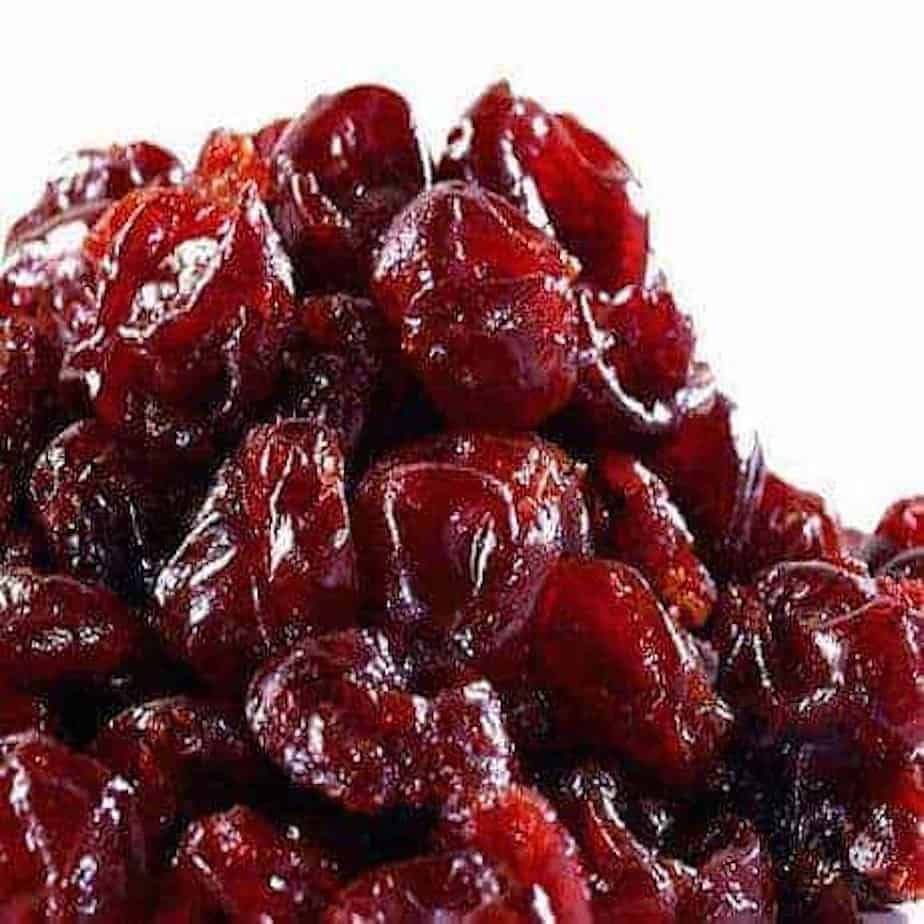
Two Studies And One Result
They repeat the same study two weeks later. This time the subjects who first drank the juice then drank the placebo later. Likewise, they consume the placebo were then drinking the juice. The exercise repeats on the opposite arm. The researchers found that “strength loss and pain were significantly less in the cherry juice trial versus placebo. The strength loss average over the four days after eccentric exercise. An exercise in which they gave the contracting muscle more length forcibly. Twenty-two percent with the placebo, but only four percent received the nutritional benefits of cherries.
A study published in 2003 in The Journal of Nutrition reviewed the association between the consumption of Bing sweet cherries and the amount of uric acid (urate) in the blood. (Higher uric acid levels in the blood correlate with gout.) After an overnight fast, ten healthy women between the ages of 22 and 40 years consuming two servings of Bing sweet cherries (280 g). Blood and urine samples were taken before eating the cherries and at 1.5 hours, 3 hours, and 5 hours after eating the cherries. Three hours after eating the cherries, there were significant decreases in uric acid levels. Though not necessary, there were also decreases in levels of inflammation.
Cancer And The Nutritional Benefits Of Cherries

In a Michigan State University study published in 2003 in Cancer Letters, researchers fed a diet containing tart cherries, anthocyanins, or cyanidin (a breakdown product of anthocyanins) to mice with a predisposition to have a high risk for colon cancer. The second group of similar mice served as the control group. The researchers found that the mice that consumed anthocyanins (found in tart cherries) or cyanidin developed fewer and smaller colon cancers. “These results suggest that tart cherry anthocyanins and cyanidin may reduce the risk of colon cancer.”
A Swedish study published in 2004 in the Journal of Agricultural and Food Chemistry investigated the effects of ten different extracts of fruits and berries. This included using the nutritional benefits of cherries to fight breast and colon cancer cells. The extracts were found to decrease the proliferation of both types of cancer cells, “and the effect was concentration dependent .”5
Cardiovascular Health, Metabolic Syndrome, And Type 2 Diabetes

During the 2007 Experimental Biology Annual Meeting, researchers from the University of Michigan Cardiovascular Center and the University of Michigan Cardioprotection Research Laboratory noted that the nutritional benefits of cherries might include reducing the risk of cardiovascular disease, metabolic syndrome, and type 2 diabetes. In the research, one group of rats was fed a diet that consisted of one percent whole tart cherry powder. Another group of rats was fed a diet of ten percent whole tart cherry powder. A control group of rats was fed a diet without cherry powder but with the same amount of carbohydrates and calories.
After 90 days, the rats fed cherry powder had lower total cholesterol, triglycerides, insulin, and fasting glucose levels. “All of these measures link to met anabolic syndrome”. According to the study’s lead researcher, Steven Bolling, MD, a cardiac surgeon, “Metabolic syndrome is a cluster of traits that can greatly increase your risk of heart disease, stroke, and type 2 diabetes. Lifestyle changes have been shown to lower the odds of developing metabolic syndrome. There is tremendous interest in studying the impact of foods rich in antioxidants, such as cherries.”
Sleep Regulation And Anti-Aging
Researchers are learning more about the benefits of an increased intake of melatonin, a powerful antioxidant made in the body. Though the body naturally produces melatonin, it may not have all it requires. Furthermore, as the body ages, it produces less. Melatonin plays an integral role in helping to regulate bio rhythm and sleep patterns. Tart cherries are one of the few known food sources of melatonin. Melatonin researchers, such as Russel J. Reiter, Ph.D., from the University of Texas Health and Science Center, believe that tart cherries may be helpful for those with sleep problems and jet lag. Dr. Reiter advises plane travelers to eat dried cherries one hour before sleep. “After arrival, consume cherries one hour before desired sleep each night for at least three consecutive evenings.” Find out about the Sleep Benefits of Kiwi here.
The Effect Of Melatonin On Nocturnal Animals
In a study published in 2007 in Basic And Clinical Pharmacology Toxicology, Dr. Reiter and other researchers investigated what would hap pen if they administered melatonin for seven days to a diurnal animal (one that is active during the day and sleeps at night). They selected ringdoves, pigeons with whitish patches on each side of the neck and wings edged with white. The researchers studied young ringdoves between the ages of two and three years and old ringdoves between the ages of ten and twelve years. Three different melatonin doses found use: 0.25, 2.5, and 5 mg/kg body weight.
“The results showed that the administration of which ever melatonin dose decreased diurnal and nocturnal old ringdove activity. The reduction is larger at night. The young animals also reduced their nocturnal activity with all three melatonin concentrations. Whereas their diurnal activity only decreased with the 2.5- and 5-mg/kg body weight treatments”. The researchers concluded that “treatment with melatonin may improve nocturnal rest and be beneficial as a therapy for sleep disorders”.
A study on mice was published in 2007 in Free Radical Research, which included Dr. Reiter and his Texas colleagues. Also, including researchers at the University of Granada in Spain. They determined that melatonin helps to neutralize the oxidation and inflammation associated with aging. The researchers even recommended that around age 30 or 40, people begin a daily consumption of melatonin.
Should cherries be part of the diet? Absolutely.

